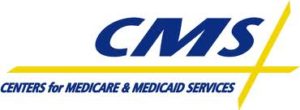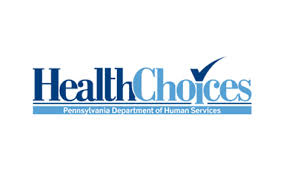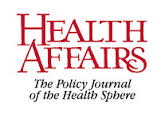CMS Proposes New Medicaid Substance Abuse Initiatives
The Centers for Medicare & Medicaid Services (CMS) has announced a new initiative designed to improve how states identify and serve Medicaid beneficiaries with substances use disorders (SUD).
According to a recent notice sent by CMS to state Medicaid directors, the agency is proposing
… an opportunity to allow states embarking on broad and deep system transformations in the area of SUD to pursue 1115 demonstrations to improve the care and outcomes for individuals with SUD. This new initiative would be available to states that are developing comprehensive strategies to ensure a full continuum of services, focusing greater attention to integration efforts with primary care and mental health treatment, and working to deliver services that are considered promising practices or have fidelity to evidence-based models consistent with industry standards. In addition, we seek to support states that are interested in developing new payment mechanisms and performance quality initiatives…
The aim of this initiative is to enable states that are pursuing significant delivery system transformation efforts in the area of SUD to better identify individuals with an SUD in the Medicaid population, increase access to care for these individuals, increase provider capacity, to deliver effective treatments for SUD, and use quality metrics to evaluate the success of these interventions.
 The notice outlines the specific goals of the initiative, the reforms CMS seeks, examples of the kinds of changes it envisions, the results it expects to see, and the process for pursuing section 1115 waivers to launch such initiatives.
The notice outlines the specific goals of the initiative, the reforms CMS seeks, examples of the kinds of changes it envisions, the results it expects to see, and the process for pursuing section 1115 waivers to launch such initiatives.
For a more detailed look at what CMS is attempting to achieve and how it envisions states working to achieve it, see the letter “New Service Delivery Opportunities for Individuals with a Substance Use Disorder” sent by CMS to the nation’s Medicaid directors.





